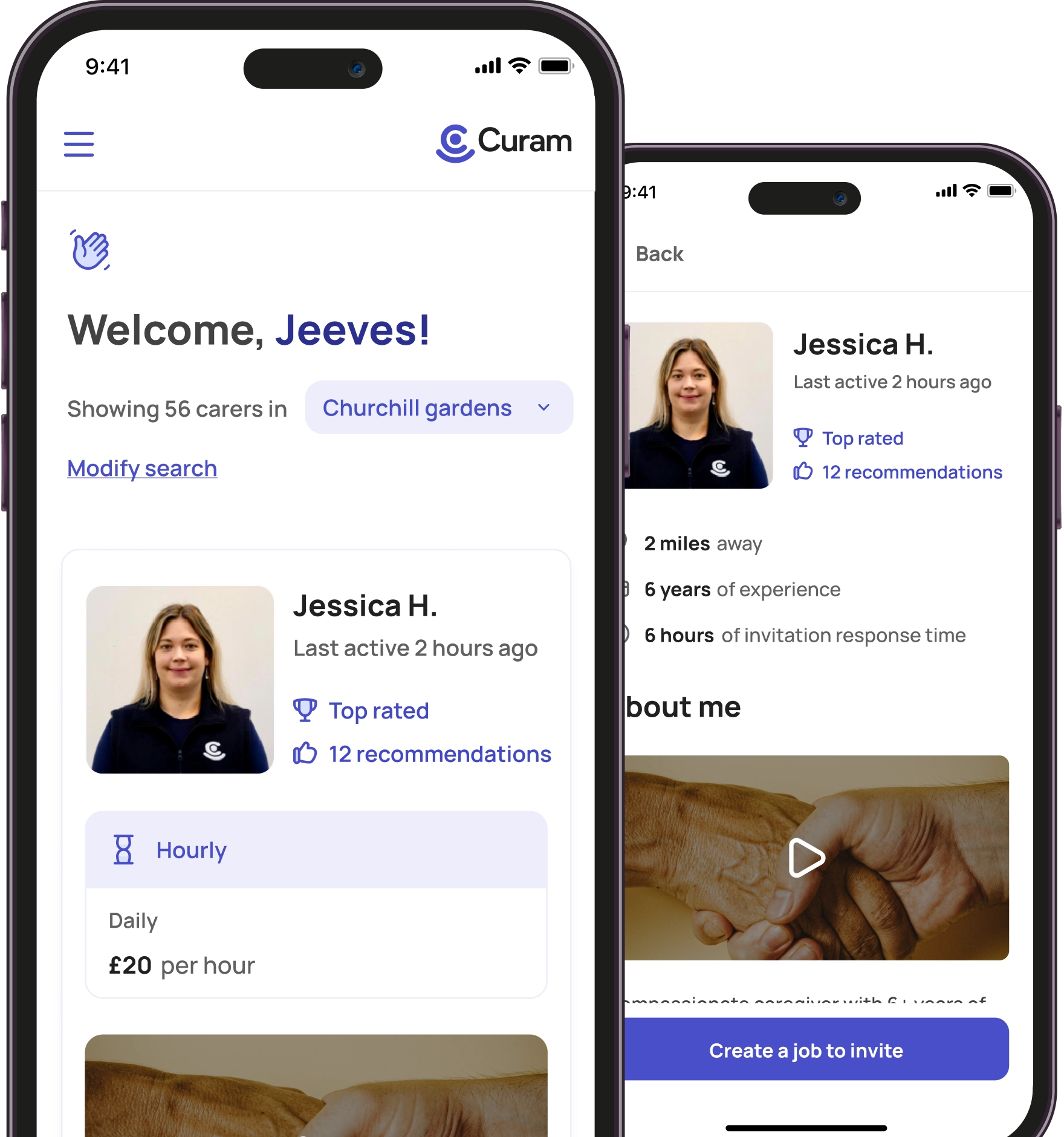Sara Blogger
December 02, 2020

In this article we will look at the conditions related to learning disabilities. A learning disability is a reduced intellectual ability that affects a person for their whole life, making it difficult to process complicated information, learn new skills or cope independently.
Someone with the following conditions will often have a learning disability, but the conditions themselves are not learning disabilities. These conditions include:
· Down’s syndrome
· Autism
· Williams syndrome
· Fragile X syndrome
· Global developmental delay
· Cerebral palsy
With the right, person-centred care, people with these conditions and/or a learning disability can ensure a better quality of life and improve their independence.
Down’s syndrome and learning disabilities
People with Down’s syndrome can also have a learning disability. Around 15-20% of people with learning disabilities in the UK have Down’s syndrome. People with Down’s syndrome will each experience a different type of learning disability, unique to the individual. A child with Down’s syndrome may:
· Take longer than other children to reach milestones (e.g., talking, walking).
· Take longer than other children to develop certain skills (e.g., social skills, writing).
· Develop motor skills at a slower rate.
· Develop number skills at a slower rate.
· Find it harder to hold and process verbal information (find it easier to understand visual information).
An adult with Down’s syndrome may need constant support when it comes to everyday tasks.
Autism and learning disabilities
Autism is not a learning disability, but some people with autism also have a learning disability. Approximately 40% of autistic people have a learning disability. Some of the symptoms an autistic person with a learning disability may experience include:
· Difficulties with speech or not talking at all.
· Behaviours such as rocking and head banging.
· Other behaviours that demonstrate self-injury.
· Epilepsy
Williams syndrome and learning disabilities
Many people with Williams syndrome will have a learning disability. As a child it will often take them longer to:
· Learn to walk
· Learn to talk
· Gain social skills
Williams syndrome is a rare genetic condition that occurs randomly (is not passed on from a parent to a child). Those with this syndrome are typically very talkative and overtly friendly people. In addition to a learning disability, people with Williams syndrome can develop mental health problems later in life (including anxiety and depression).
Fragile X syndrome and learning disabilities
Fragile X is the most common way in which a learning disability is inherited. Nearly all boys who have Fragile X will have a learning disability, but only 1 in 3 girls with Fragile X will have a learning disability. Most people with Fragile X encounter difficulties when it comes to:
· Speech and language
· Social and emotional interactions
· Having a short attention span
· Getting distracted and restless easily
No two people have the same experience of Fragile X, and some people with the condition are also diagnosed with autism.
Global developmental delay and learning disabilities
When a child takes longer than others to reach certain developmental milestones (such as walking, talking, or social interaction) it can be described as ‘developmental delay’ or ‘global developmental delay (GDD)’.
If the delay in development is significant (not short term), and a child needs further support, they may also have a learning disability. Someone with another condition such as down’s syndrome may also have GDD.
Cerebral palsy and learning disabilities
Cerebral palsy is not a learning disability, but some people with cerebral palsy may have a learning disability. Cerebral palsy is caused by an injury to a baby’s brain (for example, through a lack of oxygen or an illness) during pregnancy, birth or just afterwards. A person with cerebral palsy can encounter difficulties with:
· Movement
· Co-ordination
· Posture
· Speech
· Having seizures and epilepsy
Support for people with a learning disability
You many know a family member or friend who has a learning disability and needs care or support. Here at Curam we want to support you as best as we can by allowing you to choose the right carer and care type for you or your loved one.
There are other places you can go to find additional support and get in touch with people who are going through a similar situation:
· Call the Mencap Learning Disability Helpline - 0808 808 1111
· Find local learning disabilities services on the NHS.
· These apps can help people with a learning disability.
 Back
Back






